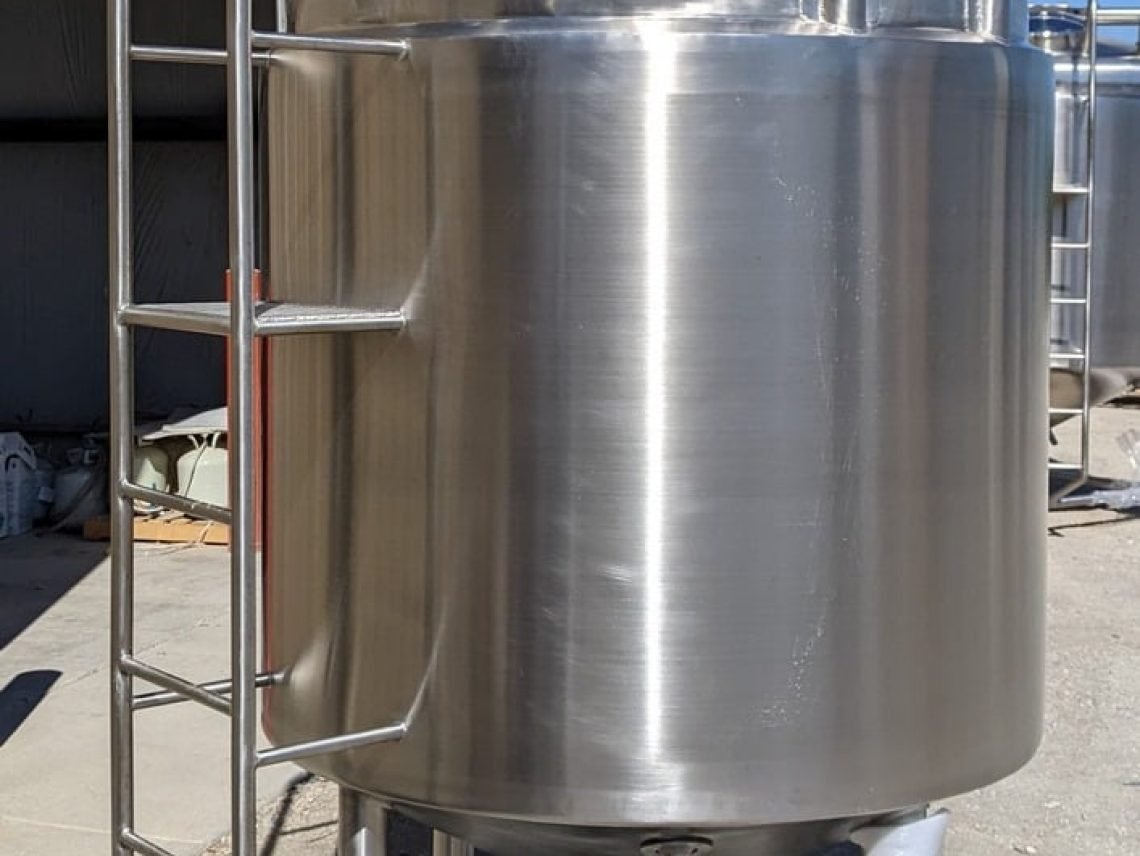The Flammability of Glycol

Table of Contents
ToggleWhat is Glycol?
Types of Glycol
Glycol, a type of alcohol, comes in various forms, with the most common being ethylene glycol and propylene glycol. Each type has unique properties that make them useful in different applications. For example, ethylene glycol is essential in antifreeze for automobiles, while propylene glycol plays a key role in heat transfer fluids in commercial settings.
Common Uses of Glycol
Glycol is a versatile compound widely found in everyday products and industrial materials. Specifically, ethylene glycol is frequently used in antifreeze and coolants. Meanwhile, propylene glycol is commonly found in food products, cosmetics, and pharmaceuticals due to its lower toxicity.
Chemical Properties of Glycol
The chemical properties of glycol contribute to its value as a solvent and antifreeze. It has a high boiling point, a low freezing point, and the ability to absorb water. These characteristics make it indispensable in various applications. However, at the same time, these properties can also influence its flammability and fire risk.
Is Glycol Flammable?
Definition of Flammability
Flammability refers to a substance’s ability to catch fire and sustain combustion. Therefore, understanding glycol’s flammable properties is crucial for safe handling and use, particularly in industrial environments.
Flammability of Ethylene Glycol
Is ethylene glycol flammable? Yes, ethylene glycol can ignite under specific conditions. Notably, it has a flash point of approximately 111°C (232°F), meaning it could catch fire if exposed to high enough temperatures or an open flame.
Flammability of Propylene Glycol
Is propylene glycol flammable? Propylene glycol is significantly less flammable than ethylene glycol, as it has a higher flash point of approximately 103°C (217°F). However, it still presents a fire hazard, especially when heated or used in large quantities.
Comparing Ethylene and Propylene Glycol Flammability
When comparing the flammability of ethylene glycol and propylene glycol, both present fire risks, although ethylene glycol is more flammable. Therefore, understanding these differences is essential for implementing effective protection measures in various applications.
Fire Hazards Associated with Glycol
Risk Assessment
Conducting a thorough risk assessment is vital when handling glycol. This process involves evaluating potential ignition sources, the presence of flammable substances, and the effectiveness of fire suppression systems.
Glycol in Industrial Settings
In commercial environments, glycol is often used in large volumes, increasing the risk of fire hazards. Consequently, proper storage, management, and disposal techniques are crucial to minimize these risks and ensure worker safety.
Residential Risks of Glycol Use
While glycol is less commonly used in residential settings, it can still pose risks, particularly if products like antifreeze are stored improperly. Homeowners should be aware of these dangers and take the necessary precautions to safely store glycol-containing materials.
Need a reliable partner?
Red River specializes in the design and manufacturing of pressure vessels. We also fabricate related items such as prefabricated spools and skid packages.
Reach Out to us today and experience the Red River difference. Where American Made and American Values come together, we care more.
FAQs About the Flammability of Glycol
What do need to I do if glycol catches the fireplace?
If glycol catches heart, without delay evacuate the region and alert emergency services. If it’s safe to achieve this, use a hearth extinguisher appropriate for chemical fires (Class B) to position out the flames. Never use water, as it can spread the fire.
How can I shop glycol to minimize heart dangers?
To decrease hearth dangers, shop glycol in a groovy, nicely-ventilated vicinity far from direct daylight and resources of ignition. Use bins specially designed for chemical garages and ensure they’re tightly sealed to save you from leaks.
Are there more secure alternatives to ethylene glycol?
Yes, propylene glycol is often considered a safer opportunity than ethylene glycol because of its decreased toxicity and better flash factor. It’s commonly used in meal merchandise, cosmetics, and prescribed drugs because of this.
What industries are most at risk of glycol-related fires?
Industries that use massive quantities of glycol, which include automobile, HVAC, and industrial production, are most vulnerable to glycol-associated fires. These industries want to put into effect strict safety protocols to address and shop glycol competently.
Can glycol be combined with other substances to lessen flammability?
Mixing glycol with water can lessen its flammability, but it’s vital to comply with industry recommendations and manufacturer suggestions. Always visit a chemical protection expert before blending substances to ensure safe dealing with them.
Table of Contents
ToggleRelated Blog Post
- Does Glycol Go Bad?
- How is glycol transported?
- Can glycol go down the drain?
- Does glycol degrade over time?
- Does glycol break down plastic?
- How do you store propylene glycol?
- How long does glycol last in a boiler?
- Does glycol hold heat longer than water?
- Is glycol considered a hazardous material?
- How often does glycol need to be replaced?
- At what temperature does glycol breakdown?
Solutions
In the realm of industrial solutions, Red River emerges as a pioneer, offering a diverse range of custom-engineered products and facilities. Among our specialties is the design and production of Custom/OEM Pressure Vessels, meticulously crafted to meet individual client requirements, ensuring performance under various pressure conditions. Our expertise extends to the domain of prefabrication, where Red River leads with distinction.
The company excels in creating prefabricated facilities, modules, and packages, reinforcing its stance as a forerunner in innovation and quality. This proficiency is further mirrored in their Modular Skids offering, where they provide an array of Modular Fabricated Skid Packages and Packaged equipment. Each piece is tailored to client specifications, underlining their commitment to delivering precision and excellence in every project they undertake.
